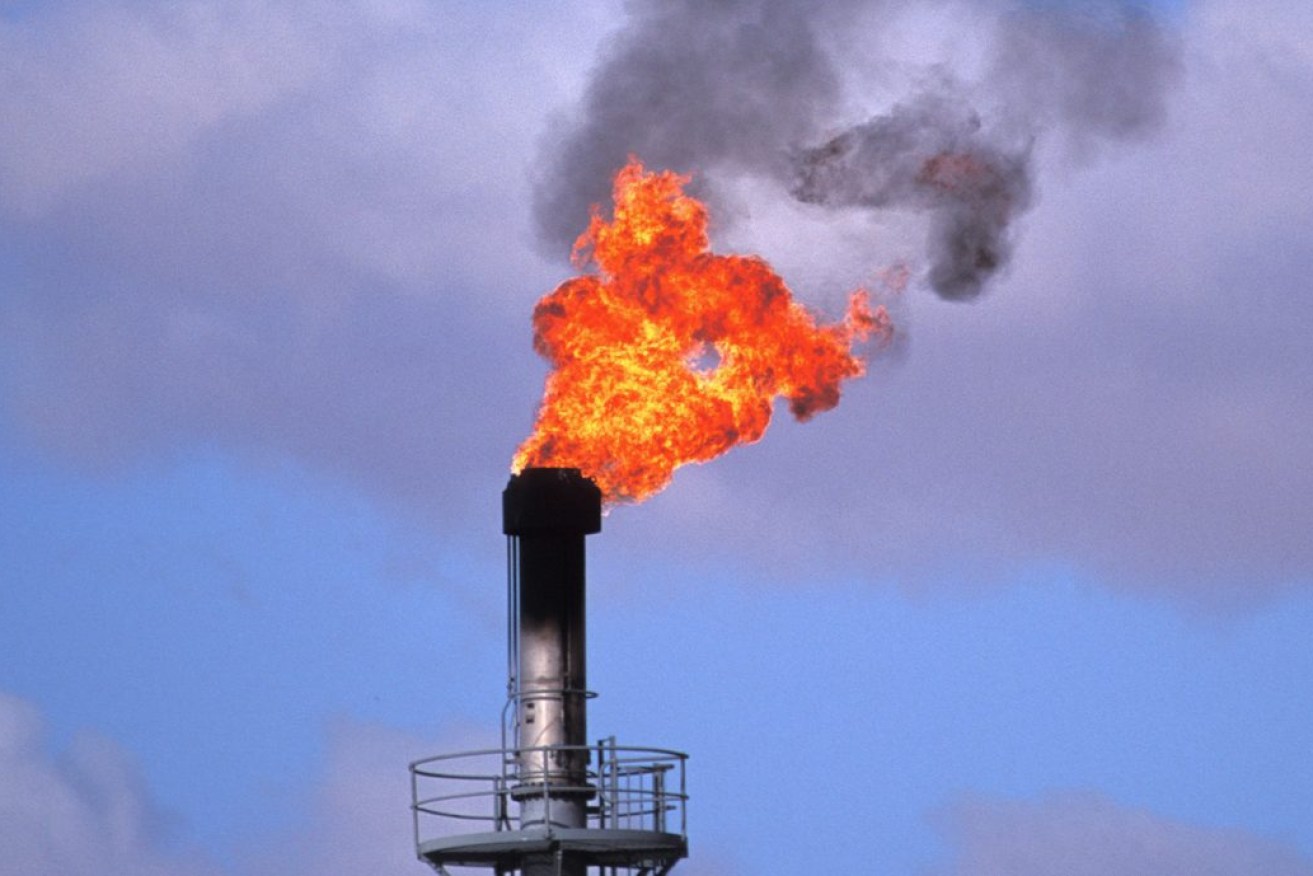Gas industry spooked by price caps as costly winter looms
New gas from the Bass Strait to supply eastern states is on the backburner after a round of price controls to protect households and manufacturers, Woodside chief executive has told a major oil and gas industry conference in Adelaide.

Photo: Tony Lewis/InDaily
Woodside chief executive Meg O’Neill told the Australian Petroleum Production and Exploration Association (APPEA) conference that price caps and the prospect of a new industry code for fairer supply have spooked leading gas companies and investors.
When the new mandatory code – and what future market intervention will look like – becomes clear, Woodside hopes to have more confidence to make longer-term investments, she said.
“When there’s uncertainty around the market in which we’re investing, it gives us pause,” O’Neill said.
As governments press ahead with more renewables to bring permanent energy bill relief, concerns have been raised about near-term gas supply with manufacturers, hospitals, hotels and many households still big gas users.
The market watchdog says new supply is needed in the east coast market, even in an economy transitioning from fossil fuels.
Federal Industry Minister Ed Husic said the “gold-plated, multinational megaphone” of the gas industry won’t make the federal government ease off on accelerating renewable energy investments.
Husic said there is clearly a role for gas in the energy transition, with many industries still relying on the fossil fuel.
New supply from Narrabri in NSW and the Beetaloo gas field southeast of Darwin will meet domestic needs while renewable energy generation gets built, he told Radio National today.
“I know that that’s not everyone’s cup of tea,” he said.
Husic said the impact of high gas prices is felt by manufacturers who represent half the domestic demand for gas industrial users, tied to a lot of jobs in outer suburbs and regional Australia.
Gladstone’s massive liquefied natural gas plants – run by Santos, ConocoPhillips and Shell – are under pressure to ship less to China, Japan and South Korea and make more available domestically.
The Australian Energy Market Operator has warned of gas supply risks for the southern states this winter and says investment is needed now to make sure there’s enough gas from 2027 onwards.
O’Neill said recent “modifications” to price caps have been encouraging but the supply problem has not been solved.
“The challenging reality is that the Bass Strait asset, which we have a 50 per cent stake in, or mature assets that are in decline, they’re going to provide year-on-year less gas into the market,” she said.
O’Neill said more gas would be needed as coal-fired power stations shut down.
Oil and gas analyst Saul Kavonic told the APPEA conference the price caps have been a mistake.
Generous tax credits linked to carbon capture in the United States could also see Australia miss out on investment dollars.
Plans for carbon capture and storage (CCS) at Woodside’s depleted Angel field off the northwest coast of Western Australia have stalled, despite greenhouse gas permits.
Critics dismiss carbon capture and storage as a licence to ramp up emissions and argue the technology is too costly compared to other methods.
Chevron’s Gorgon Gas Plant in WA – the biggest attempt at a CCS project in the world – is a “big, expensive failure”, according to the Clean Energy Council.
Australia’s next major storage project is Moomba CCS in South Australia, a $220 million joint venture between Santos and Beach Energy, that according to Santos will store up to 1.7 million tonnes of CO2 per year following first injection into the same geological reservoirs that held oil and gas in place.
The project is on track to be completed by 2024 and Santos Energy Solutions President, Brett Woods, said it could be the start of a new industry, with carbon-abated gas opening potential new revenue streams.
“Once complete, the project will support Santos to reduce our own emissions but crucially, we’re also working with other hard-to-abate sectors to look at ways of using Moomba CCS to help reduce their emissions, too,” Woods said.
-with AAP




